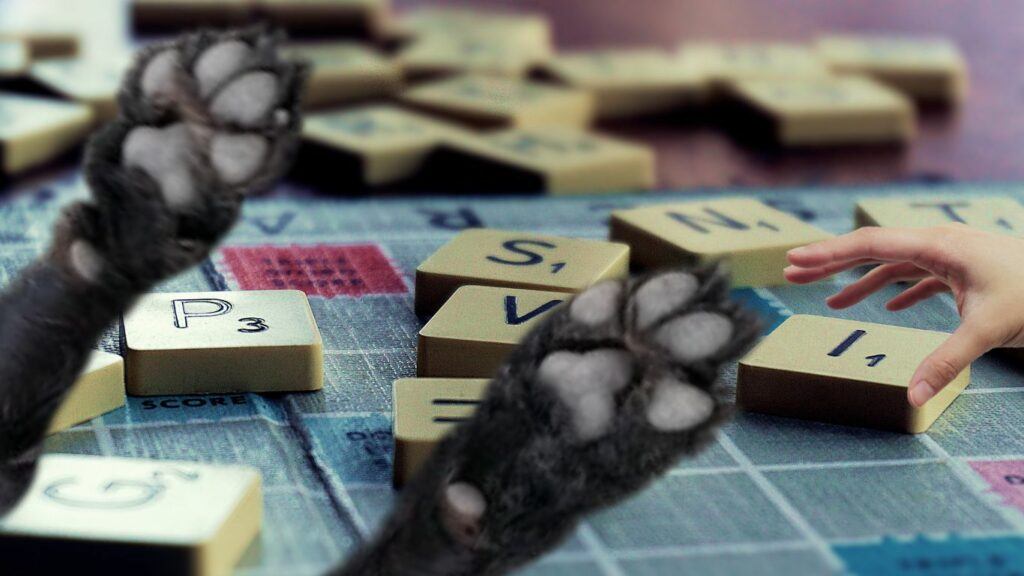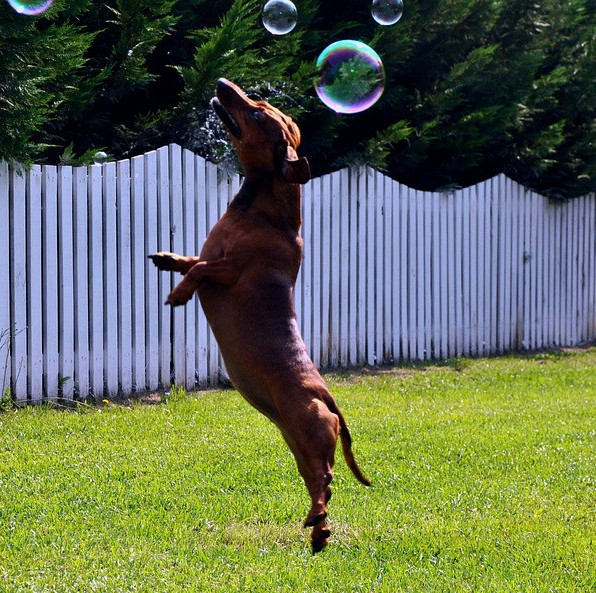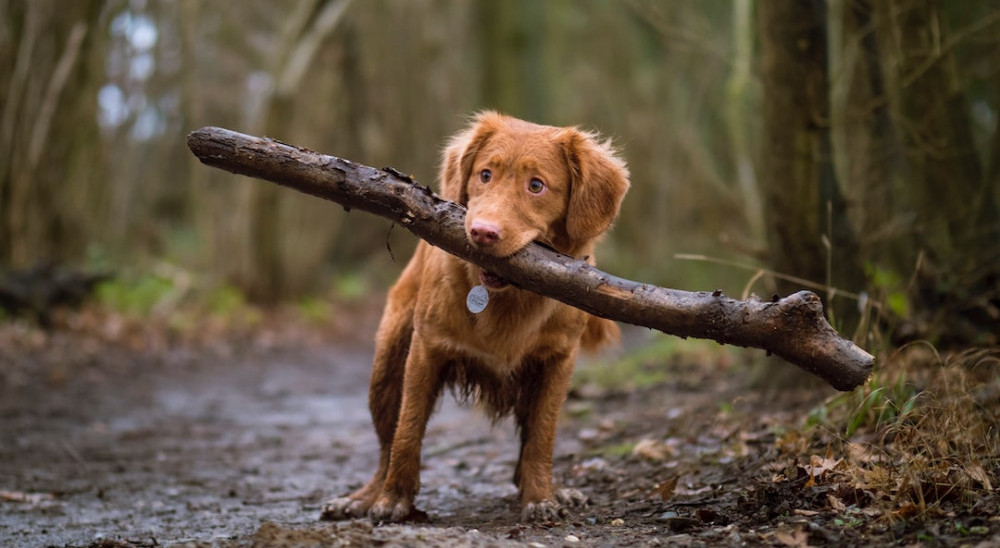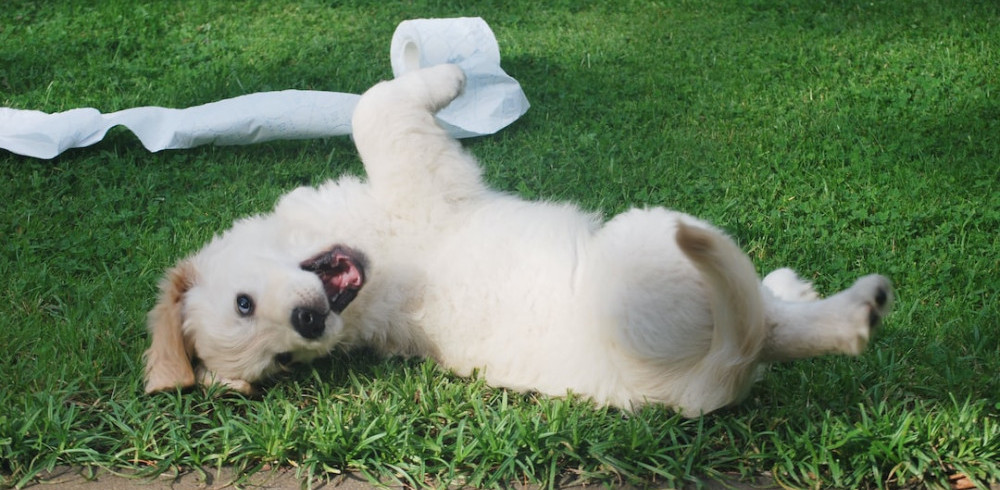Dogs have been our faithful companions for thousands of years, and it’s no wonder why. They’re loyal, loving, and endlessly entertaining. They make us laugh, cry, and sometimes even tear our hair out. But despite the challenges of dog ownership, there’s no denying the joy and fulfilment that comes with sharing your life with a furry friend.
Dogs are known for their unique personalities, and it’s no secret that each dog has their own distinct set of traits and quirks. Some dogs are more outgoing and playful, while others are more reserved and watchful. Some dogs are highly trainable and obedient, while others are more stubborn and independent. These traits can be shaped by a number of factors, including breed, environment, and individual temperament.
In this blog post, we’ll explore the wonderful world of dog personalities and what makes them so special. We’ll delve into the different traits that dogs possess, from their intelligence and playfulness to their stubbornness and independence. We’ll also look at how these personalities develop over time and how you can help your dog become the best version of themselves.
So whether you’re a seasoned dog owner or considering bringing a new furry friend into your life, join us as we celebrate the amazing personalities of dogs and all the joy they bring to our lives.

Dogs’ Intelligence
Dogs are known for their intelligence and ability to learn new things, which is one of the reasons why they have become such popular companions for humans.

Some breeds are more intelligent than others, but even within a breed, individual dogs may have varying levels of intelligence. Dogs who are highly intelligent may be easier to train and more adaptable to new situations, while less intelligent dogs may require more repetition and patience in their training.
Some aspects of dog intelligence include adaptability as a key trait.
Dogs are highly adaptable animals and can adjust to new environments and situations quickly. They are also capable of learning new behaviours and tricks with relative ease, making them great candidates for obedience training, agility competitions, and other forms of dog sports.
Using problem-solving skills to figure out solutions to challenges they encounter is an important sign of dogs’ intelligence. This includes everything from finding a way to escape from a crate to figuring out how to retrieve a toy that has gotten stuck under a piece of furniture. Some breeds, such as the Border Collie, are particularly adept at problem-solving and have been used in various working roles that require these skills.

Our four-legged friends have a high level of social intelligence and are capable of understanding and responding to human emotions and body language. They are also able to communicate with other dogs and understand their social cues and signals.
Having a good memory and being able to remember people, places, and experiences for long periods of time, they are often used in roles that require them to remember and recognize specific scents, such as in search and rescue or drug detection work.
You may work on their intelligence through play and games. You may find this blog useful for more information.
Different dog breeds have different levels of intelligence and excel in different types of tasks. For example, breeds such as the Poodle, German Shepherd, and Labrador Retriever are often used in roles that require high levels of intelligence, such as service dogs or police dogs.
Playfulness
Many dogs are naturally playful and enjoy engaging in games and activities with their owners. Playful dogs may be more energetic and require more exercise and stimulation, but they can also be a lot of fun to be around and can help to reduce stress and anxiety.
Boundless amounts of energy that they love to expend through play can include everything from running and jumping to chasing and wrestling with their owners or other dogs.

Dogs are very imaginative creatures and are able to create their own games and play scenarios, even when they don’t have toys or other objects to play with. They may engage in imaginative play by pretending to hunt or herd, or by simply running around and exploring their environment.
Playfulness is also an important aspect of socialization in dogs. Puppies learn important social skills through play with their littermates, and adult dogs often use play as a way to establish and maintain social bonds with other dogs and humans.
Play can also be used as a tool for training and behavior modification in dogs. By incorporating play into training sessions, owners can help to keep their dogs engaged and motivated, while also reinforcing positive behaviors and obedience.
Play is not only fun for dogs, but it also provides a number of health benefits. Regular play can help to reduce stress and anxiety, improve cardiovascular health, and promote weight management and muscle development.

Different breeds and individual dogs may have different levels of playfulness. Some dogs may require more structured play and exercise to keep them engaged and stimulated.
Stubbornness
While dogs are known for their loyalty and obedience, they can also exhibit stubbornness from time to time.
Some dogs are known for their stubbornness and may be more difficult to train. Stubborn dogs may resist commands or be more independent in their behavior, but they can also be very loyal and affectionate with their owners.
Dogs that exhibit stubbornness often have a strong independent streak and are not easily swayed by commands or directions. They may prefer to do things their own way, even if it goes against what their owner is asking them to do.

Some dogs simply have a strong-willed personality, which can manifest as stubbornness. These dogs may have a tendency to challenge their owners and test their boundaries, particularly if they feel that their owner is being inconsistent or unclear with their commands.
Dogs that are stubborn may simply lack motivation to comply with commands or engage in certain activities. This could be due to a lack of interest in the activity, or a lack of understanding of what their owner is asking them to do.
In some cases, stubbornness in dogs may be a result of fear or anxiety. Dogs that are anxious or fearful may refuse to engage in certain activities or obey certain commands, as a way to protect themselves from perceived threats or discomfort.
Some dog breeds are known for their stubbornness, such as the Bulldog, Dachshund, and Beagle. These breeds may have a strong sense of independence and a tendency to be more difficult to train than other breeds.
It’s worth noting that while stubbornness can be frustrating for dog owners, it is important to approach training and behavior modification with patience and understanding. Punishing or scolding a dog for being stubborn is unlikely to be effective, and may even exacerbate the problem.
Instead, positive reinforcement techniques, such as reward-based training, can be used to encourage desirable behaviors and discourage stubbornness. Working with a professional dog trainer or behaviorist can also be helpful in addressing stubbornness in dogs.
Independence
Dogs can vary in their level of independence, depending on their breed, personality, and training. Generally, some dog breeds are more independent than others, and some individual dogs within a breed may be more independent than others.
More independent and may not require as much attention and interaction as other dogs. These dogs may be better suited for owners who work long hours or who have a more laid-back lifestyle, but they may also require more training and socialization to prevent behavioral issues.

In terms of behavior, independent dogs tend to be less clingy and less likely to constantly seek attention or physical affection from their owners. They may be more self-sufficient and able to entertain themselves for longer periods of time, without needing constant interaction or supervision.
It’s important to note that independence does not necessarily mean a lack of attachment or loyalty to their owners. Many independent dogs still form strong bonds with their humans and may display affection in their own ways, such as greeting their owners when they come home or following them around the house.
In addition, independent dogs may require more patience and consistent training, as they may be more prone to testing boundaries and ignoring commands. But with proper training and socialization, independent dogs can make great companions for people who value a more laid-back and self-reliant pet.
Conclusion
As a dog owner, it’s important to understand your dog’s personality and how it affects their behaviour. This can help you build a stronger bond with your dog, anticipate their needs, and train them more effectively. For example, if you have a highly energetic dog who loves to play, you may need to provide them with plenty of exercise and stimulation to keep them happy and healthy. On the other hand, if you have a more laid-back dog who prefers to lounge around, you may need to be more patient and gentle in your training approach.
Ultimately, every dog is a unique individual with their own personality, preferences, and quirks. By embracing and celebrating these differences, we can create deeper and more meaningful relationships with our furry friends, and enjoy all the love and joy they bring into our lives.

Dear Animal Friends,
Are you looking for a loyal and loving companion?
Look no further than Nevena’s Rescues!
Our furry friends are in need of a forever home and are eager to meet you. By adopting from Nevena’s Rescues, you’re not only gaining a new best friend, but you’re also giving a deserving pup a second chance at a happy life.
Visit my FB page Nevena’s Rescues and find your perfect match today! You cannot change the world but you can definitely change their world when you adopt!
Also, by making a donation to Nevena’s Rescues, you help my animals with the care and support they need to live happy and healthy lives till adoption.
Sincerely,
Nevena’s Rescues







